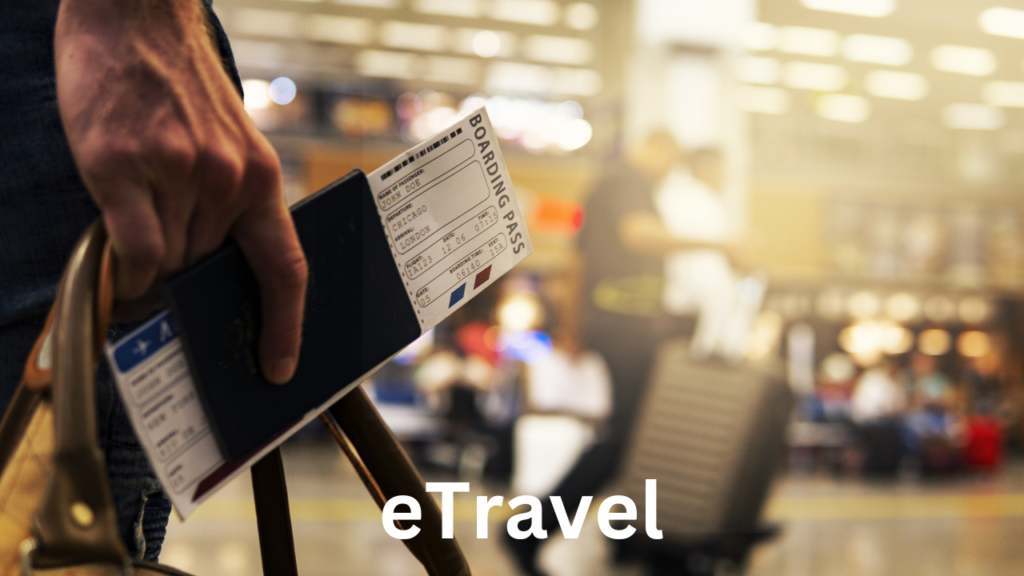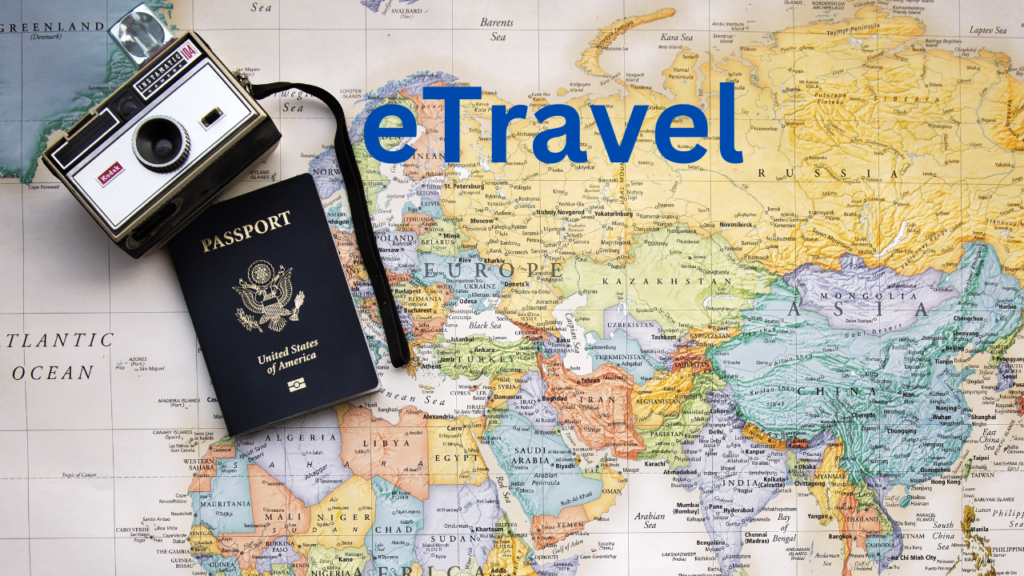In today’s hyper-connected world, travel has evolved from a cumbersome process involving physical tickets, lengthy bookings, and manual planning to a seamless digital experience. This transformation is largely due to the rise of eTravel—a term that encompasses the array of digital tools and platforms designed to enhance every aspect of travel. From planning and booking to navigation and post-trip sharing, eTravel has become an indispensable part of modern travel, revolutionizing the way we explore the world.
Understanding eTravel: A Digital Travel Ecosystem
eTravel, short for electronic travel, refers to the integration of technology into the travel experience. This includes everything from online booking platforms and mobile apps to digital boarding passes, virtual tours, and AI-driven travel assistants. The essence of eTravel lies in its ability to make travel more accessible, efficient, and tailored to individual preferences.
The concept of Travel has gained significant traction over the past decade, fueled by the rapid advancements in mobile technology, the widespread adoption of the internet, and the growing demand for personalized travel experiences. Travelers today expect more than just a basic itinerary—they seek a seamless journey from the moment they start planning until they return home.
The Impact of eTravel on the Travel Industry
The rise of it has had a profound impact on the travel industry, altering how businesses operate and how consumers plan and experience their trips. Several key factors illustrate this transformation:
- Streamlined Booking Processes: The days of visiting travel agencies or spending hours on the phone to book flights and accommodations are long gone. With eTravel, booking a trip is as simple as a few clicks. Online travel agencies (OTAs) like Expedia, Booking.com, and Airbnb have become household names, offering comprehensive platforms where users can search, compare, and book everything from flights to car rentals and vacation homes. These platforms provide travelers with the ability to customize their itineraries, filter options based on preferences, and access user reviews to make informed decisions.
- Increased Accessibility and Convenience:It has democratized travel by making it more accessible to people around the globe. Mobile apps enable users to book and manage their trips on the go, while digital payment systems allow for quick and secure transactions. Moreover, language translation apps, digital maps, and travel guides have made it easier for travelers to navigate foreign destinations, breaking down language and cultural barriers.
- Cost Savings for Consumers: One of the most significant benefits of eTravel is the cost savings it offers. By aggregating options from multiple providers,this platforms allow users to find the best deals on flights, hotels, and other travel services. Price comparison tools, promotional discounts, and loyalty programs further enhance these savings, making travel more affordable for a broader audience. Additionally, price alert features notify travelers of fare drops, enabling them to book at the most opportune moment.
- Personalized Travel Experiences: Personalization has become a hallmark of eTravel. With the help of AI and machine learning,this platforms can analyze user behavior, preferences, and past travel history to offer tailored recommendations. Whether it’s suggesting a boutique hotel in a trendy neighborhood or highlighting local attractions that match a traveler’s interests, eTravel ensures that every journey is unique and aligned with the individual’s desires.
- Sustainable Travel Initiatives: As awareness of environmental issues grows, eTravel is playing a crucial role in promoting sustainable travel practices. Many platforms now feature eco-friendly accommodations, offer carbon offset options, and provide information on how to travel responsibly. This shift not only helps reduce the environmental impact of travel but also educates travelers on the importance of sustainable tourism.
- Enhanced Travel Experiences Through Technology: Technology has become an integral part of the travel experience, enhancing how travelers interact with the world around them. Digital maps have replaced bulky paper maps, offering real-time navigation and local recommendations. Augmented reality (AR) apps enrich the sightseeing experience by providing historical context and interactive content at landmarks. Virtual reality (VR) tours allow travelers to explore destinations before booking, offering a taste of what to expect.

Key eTravel Trends Shaping the Future of Travel
As technology continues to evolve, several emerging eTravel trends are poised to shape the future of the travel industry:
- AI-Powered Travel Assistants: AI is increasingly being used to streamline the travel experience. Virtual assistants like chatbots provide instant customer service, answering queries, and assisting with bookings. These AI tools are becoming more sophisticated, learning from user interactions to provide more accurate and relevant information. In the near future, AI could play a central role in travel planning, offering highly personalized itineraries based on an individual’s preferences and behavior.
- Blockchain Technology in Travel: Blockchain is making its way into the travel industry, promising enhanced security, transparency, and efficiency. This technology can revolutionize the way payments, bookings, and identity verification are handled. Blockchain’s ability to create secure and tamper-proof digital records can also help prevent fraud and streamline processes like loyalty programs, ensuring that travelers have a trustworthy and seamless experience.
- The Rise of Contactless Travel: The COVID-19 pandemic accelerated the adoption of contactless technology in travel, a trend that is likely to continue. From digital boarding passes and contactless payments to automated check-ins at hotels, these technologies offer a safer and more hygienic travel experience. Travelers can now enjoy a virtually touch-free journey, reducing the need for physical interactions and paperwork.
- Sustainability and Eco-Conscious Travel: As travelers become more environmentally conscious, eTravel platforms are adapting by offering sustainable travel options. This includes promoting eco-friendly hotels, flights with lower carbon emissions, and less-visited destinations to reduce over-tourism. The future of eTravel will likely see a stronger focus on promoting responsible and sustainable tourism practices, helping to preserve the natural and cultural heritage of destinations.
- Immersive Experiences with VR and AR: Virtual reality (VR) and augmented reality (AR) are set to redefine how travelers experience destinations. VR allows potential travelers to explore cities, hotels, and attractions from the comfort of their homes, making it easier to decide where to go. AR enhances real-world experiences by overlaying digital information onto physical surroundings, providing context and interactive elements that enrich the travel experience.
The Road Ahead: The Future of eTravel
The future of eTravel is bright, with continuous technological advancements paving the way for an even more connected and personalized travel experience. As AI becomes more sophisticated, blockchain technology more widespread, and VR and AR more immersive, eTravel will continue to evolve, offering travelers new and exciting ways to explore the world.
Moreover, the rise of smart cities and the Internet of Things (IoT) will further enhance the travel experience, making it more seamless and integrated. Imagine a world where your smart device can automatically book transportation, suggest nearby attractions, and even adjust your hotel room’s temperature to your liking—all based on your preferences and behavior.
eTravel is not just about convenience; it’s about creating a more sustainable, accessible, and enriching travel experience. As the industry continues to innovate, travelers can look forward to a future where technology and travel are intertwined, making the world more accessible and enjoyable for everyone.


